15 Great Dog Breeds for Sailors and Boaters (and Why)
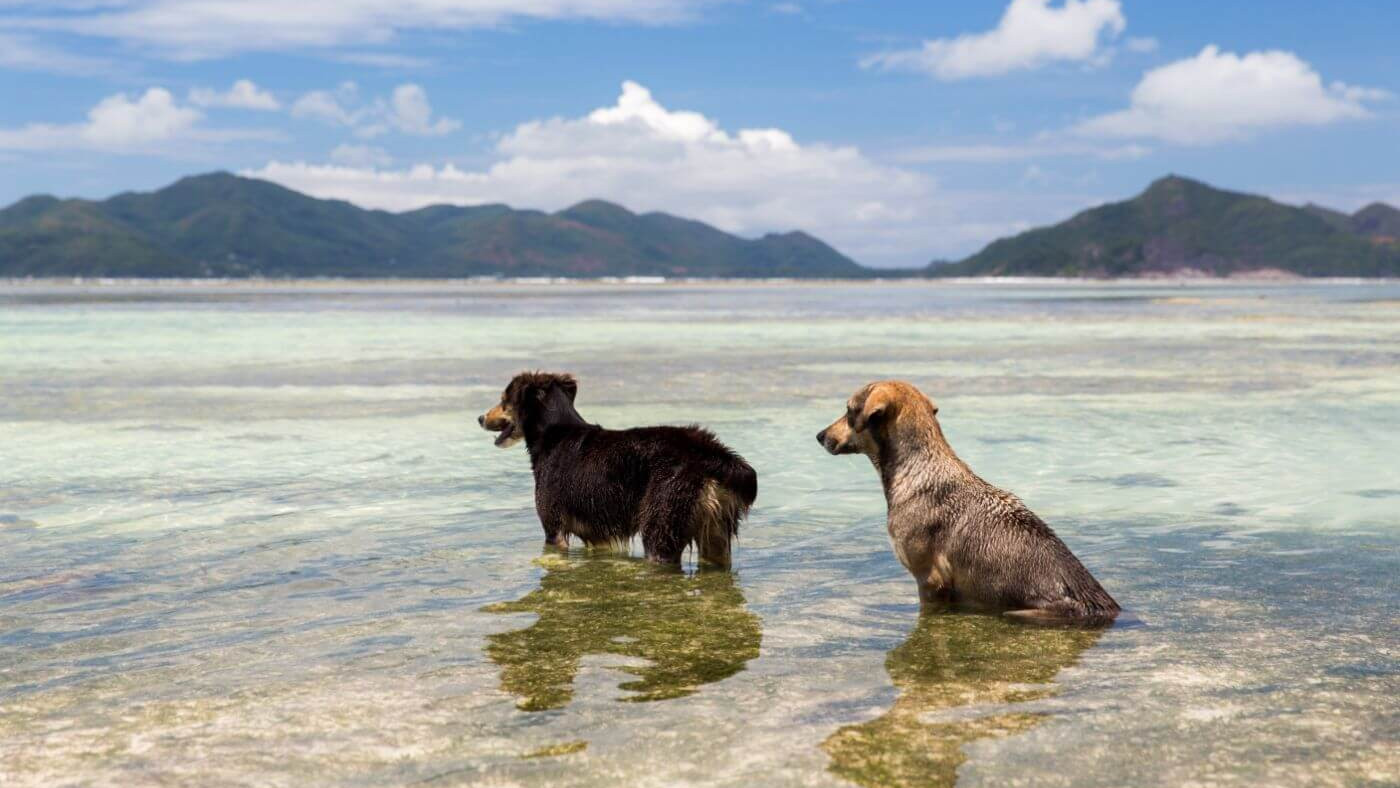
There’s nothing more lovely than watching a Labrador hurl himself into the water and swim just for the sheer joy of swimming, but there’s a whole range of dog breeds that are great for sailors and boaters. For me, you can’t beat a Labrador as a sailing companion but if you prefer your dogs smaller, more energetic, or fluffier, there are plenty more options to choose from!
The best dog breeds for sailors and boaters include:
- Labrador Retriever
- Newfoundland
- Spanish Water Dog
- Poodle
- Jack Russel Terrier
- Irish Water Spaniel
- Whippet
- Dachshund
- Nova Scotia Duck Tolling Retriever
- Schipperke
- Yorkshire Terrier
- Chesapeake Bay Retriever
- Bourbonnais Pointer
- English Cocker Spaniel
- Flat-Coated Retriever
Choosing the right dog breed for your life comes down to a variety of factors. For starters, the length of time you’ll be spending on your boat will have a big part to play. If you’re living aboard for months on end, you might prefer a smaller dog that takes up less space. If you tend to sail for shorter bursts then a big dog will do fine. For a list of more factors to consider when picking a boating dog, you can check out this in-depth guide to help you make a decision.
Read on to find out which breed is best for you!
What Makes a Good Dog for Sailing?
A lot of sailors prefer to opt for smaller dogs as they take up less space on board, they need fewer cans of food and it’s easier to clean up after them if they have an accident. On the other hand, larger water-loving dogs can handle anything you throw at them - literally! - whether that’s swimming alongside you in a kayak, lounging around on the deck or jumping to the rescue of a lost boat shoe.
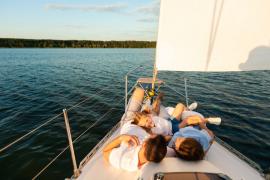
Choosing the Best Family Sailboat (Tips by Expert)
Other characteristics you’ll want to look out for include:
- Obedience
- Calm temperament
- Adaptability
- Sociable nature
- Happy in and around water!
These characteristics vary between breeds, as well as between dogs, so take the time to consider the best breed for your needs.
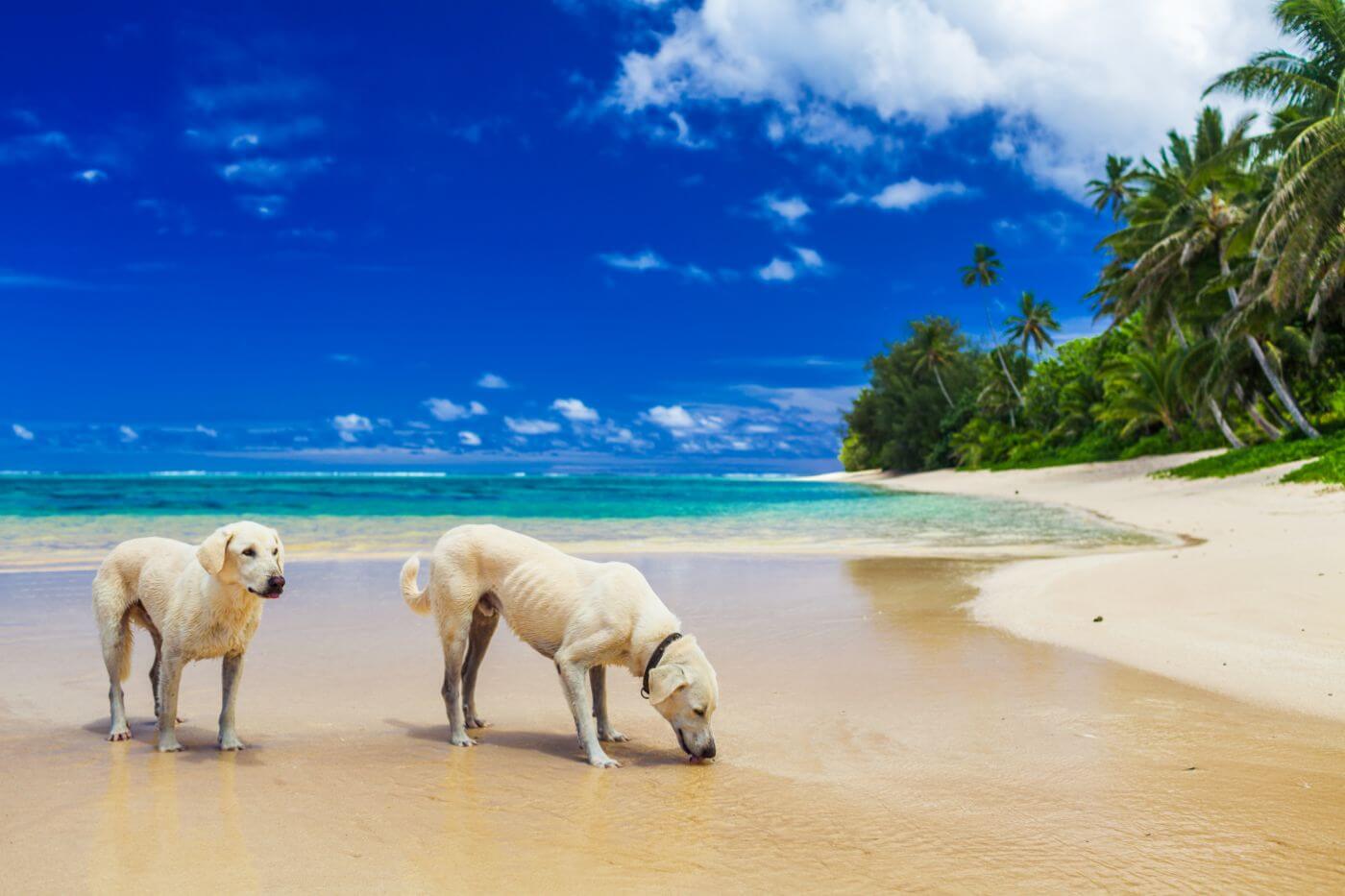
Coat type may also influence your decision for which breed to get. Some dog breeds like Labrador Retrievers and Chesapeake Bay Retrievers have double-layered coats that make them well-suited to water. Their coats have natural oils that help excess water to run off, keeping their body temperature more stable.
However, there is one downside to this coat style and that’s the dreaded ‘wet dog smell’! Their longer hair can be slower to dry than other breeds and it can be really stinky in the process. Of course, you might be one of the people who loves the smell of wet dog (my mum included!) but it’s definitely something to bear in mind if you’re going to be in close quarters with your canine companion.
Brilliant Breeds for Boats
Labrador Retriever
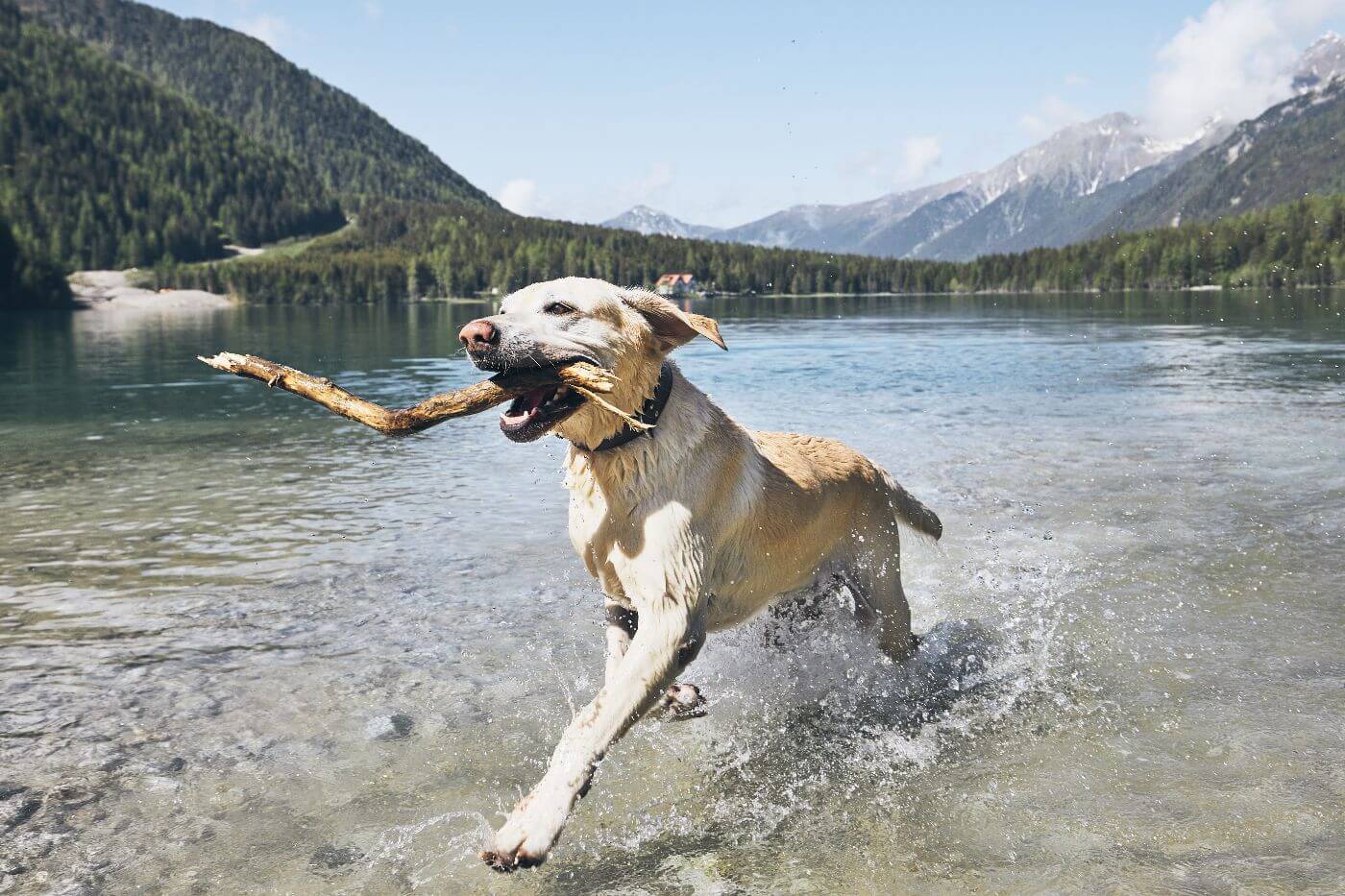
I grew up with Labradors and in my opinion, they are the most loving, kind-tempered and chilled out dogs you can possibly find. Labradors are easy to train and eager to please, which makes them ideal for taking out on the water with you. They are ready to muck in with whatever the rest of the family is doing, and they’ll happily plonk themselves on deck whilst you are mucking around, not a care in the world. This relaxed state of mind makes them really easy dogs to have, you don’t have to worry about them running off and they don’t really get bored. They also love swimming!
Newfoundland
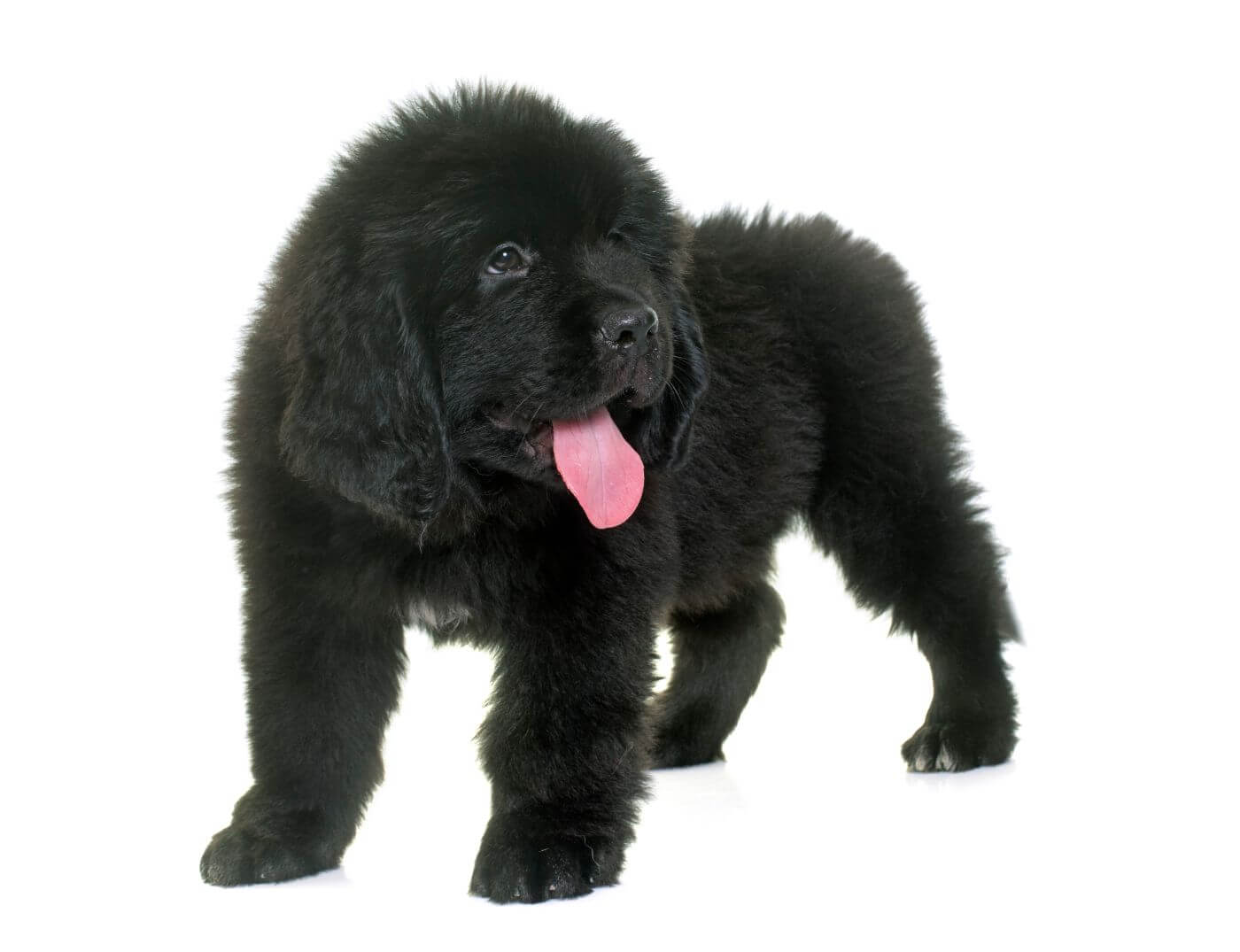
Historically used as water dogs, Newfoundlands are also a great choice for sailors and boaters, as long as you have the space. These enormous dogs were built to swim and they were originally used as working dogs, from bringing in tow lines to pulling nets to life-saving. Their sweet temperament makes them ideal for having around when you’re sailing but they are known to slobber so pack your waterproofs!
Spanish Water Dog
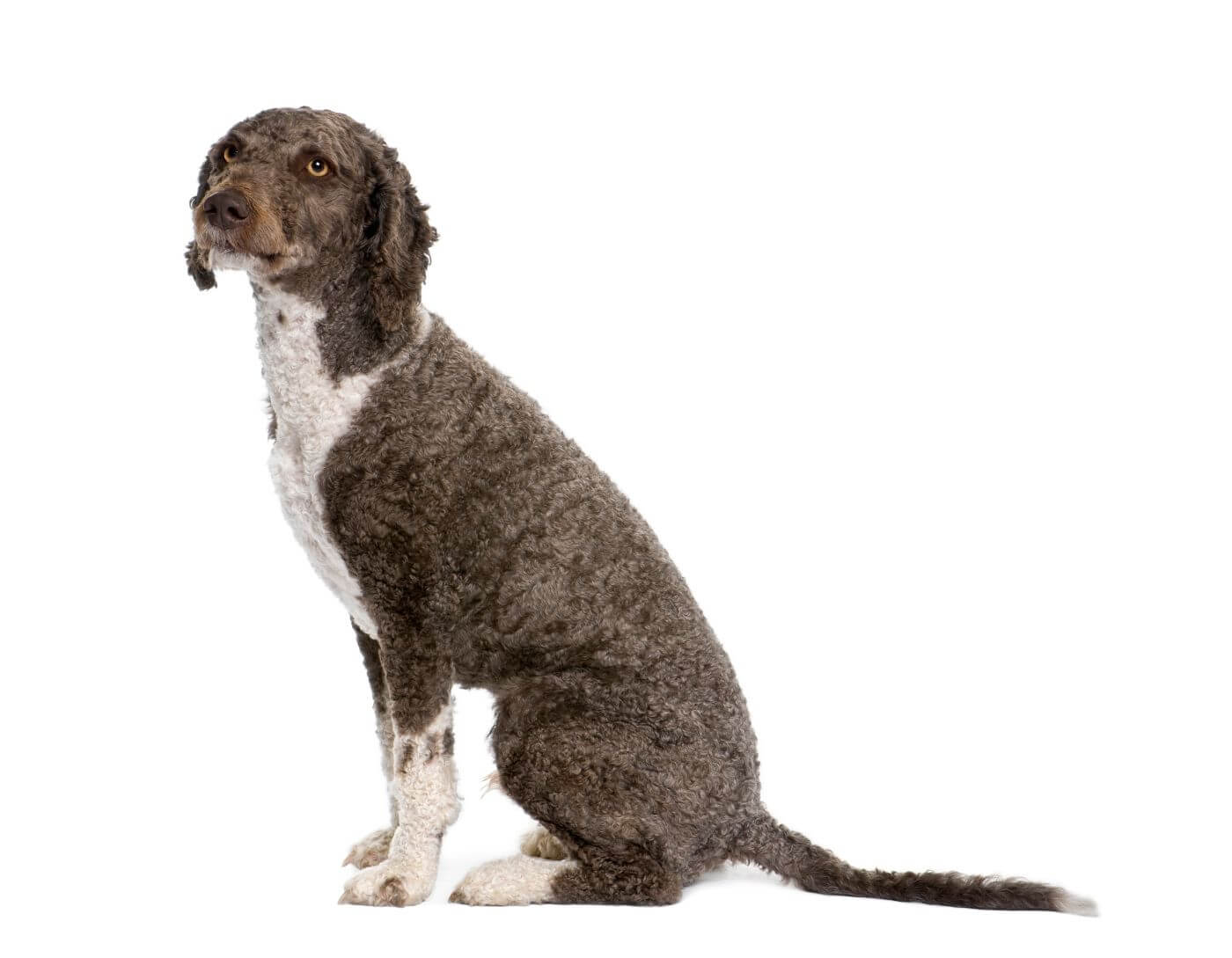
Also a water-based working dog, the Spanish Water Dog was originally bred to retrieve waterfowl. Their characteristic curly hair gives them buoyancy in the water whilst also allowing them to cool their bodies more efficiently. This is an adaptation suited to their historic use as sheep herders. Their herding nature means they’re full of energy and hyper-intelligent so they’re fun to have around, just make sure to give them lots of exercise before taking them out sailing.
Poodle
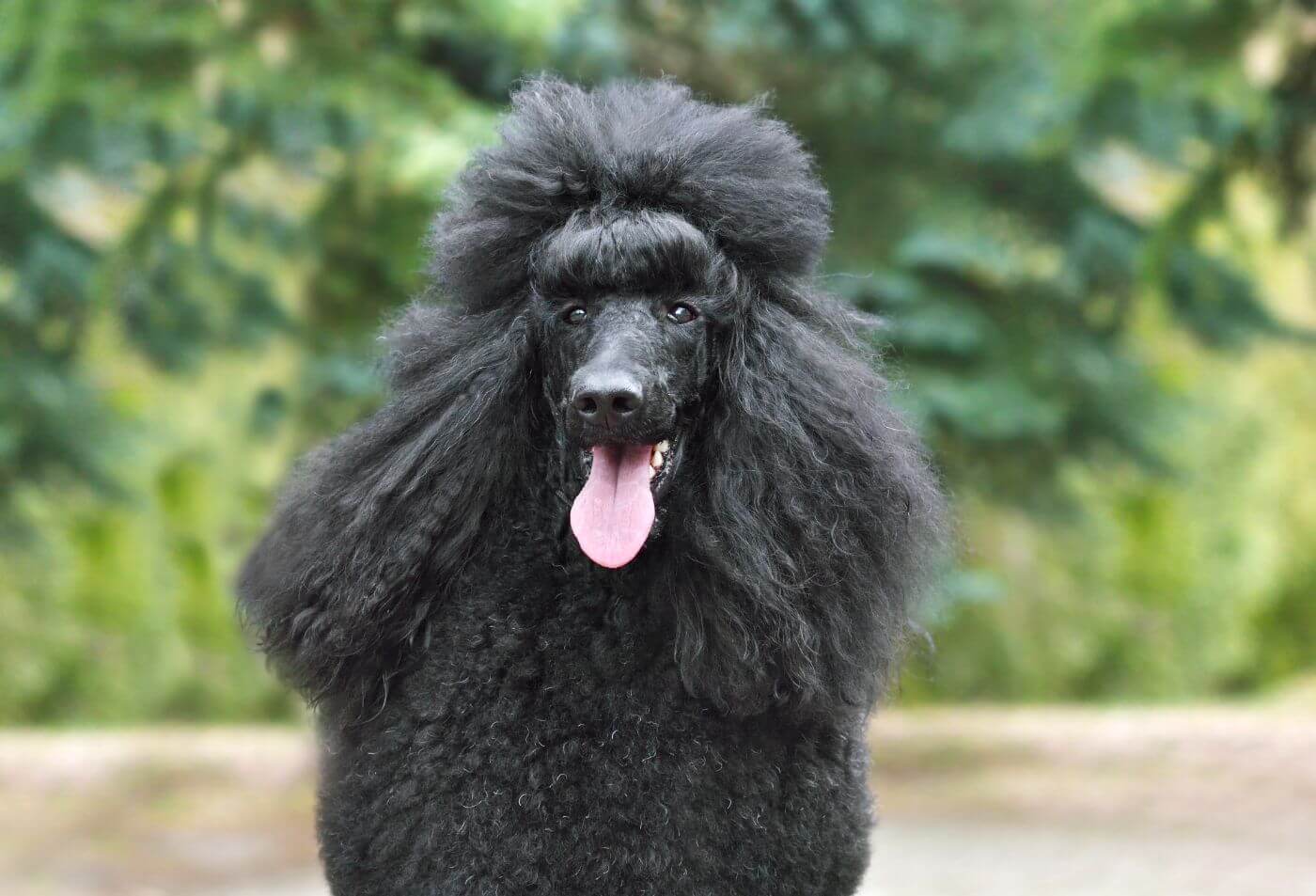
The name Poodle is rumored to come from the German ‘pudeln’ meaning puddle or to splash in mud and ‘pudelnass’ meaning wet. They certainly live up to their name as the majority of Poodles love water! Traditionally used as water retrievers, they are extremely active dogs. Thankfully, swimming is an ideal perfect form of exercise to wear them out!
Poodles are intelligent which makes it easier to adapt them to life on the water, as well as life at home. They are generally calm and friendly dogs and conveniently come in different sizes - Standard, Miniature and Toy. Miniature is a good choice if you’re tight on space and prefer a more compact breed.
Jack Russel Terrier or Parson Russel Terrier
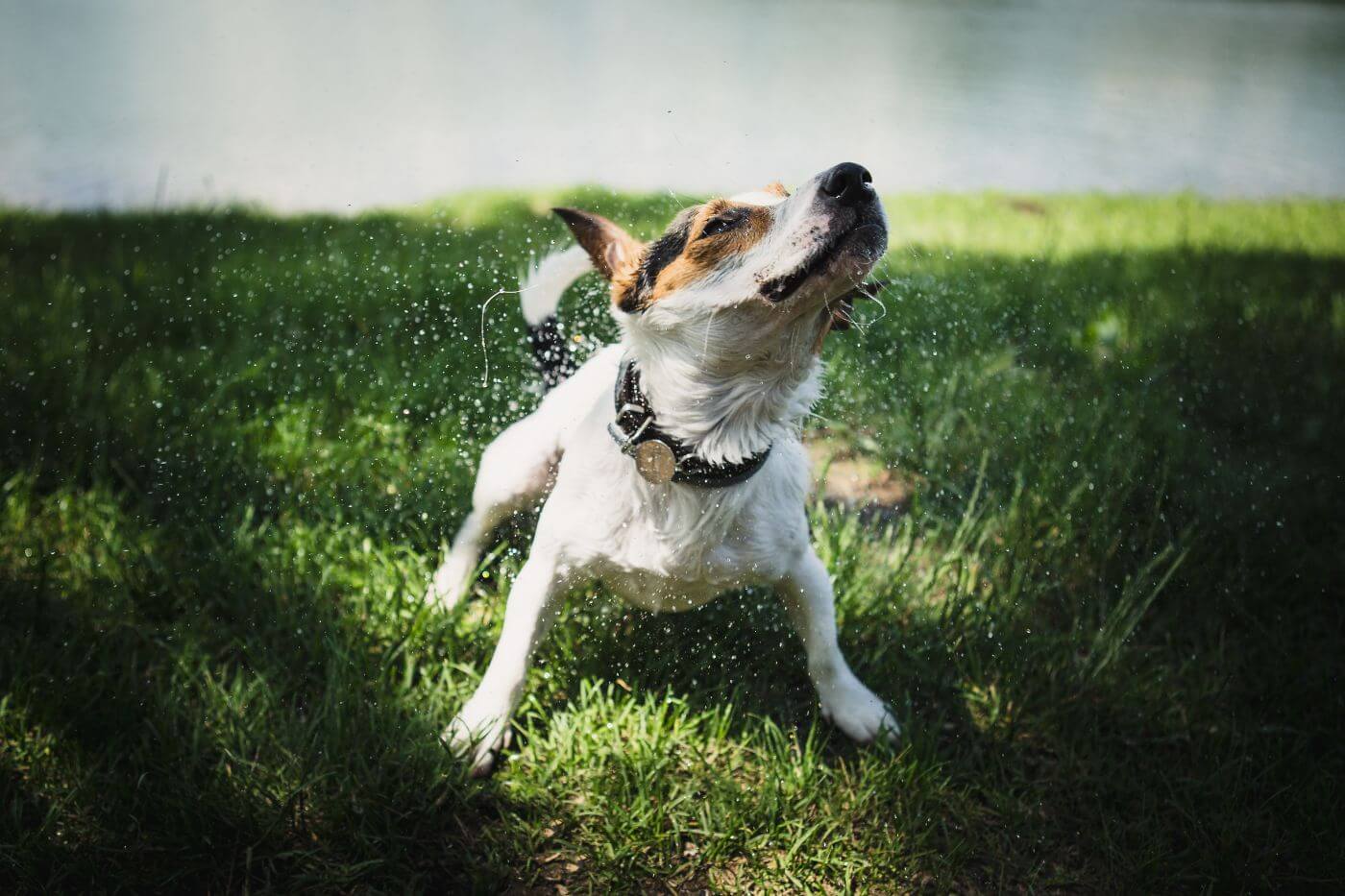
Tough and feisty, Russel Terriers are known for their brave and fearless nature. This can sometimes translate into aggression and belligerence but with the right training and the right dog, Russel Terriers can be excellent companions on board your boat.
They are ideal for sailors because they have a can-do attitude that sees them hop on and off a boat with ease and they are full of energy. However, Russel Terriers can have a tendency to run off, so they need a firm hand and good training from a young age. The Russel Terrier’s short coat, either smooth, broken or rough, makes it easy to clean and they dry off quickly, another bonus!
Irish Water Spaniel
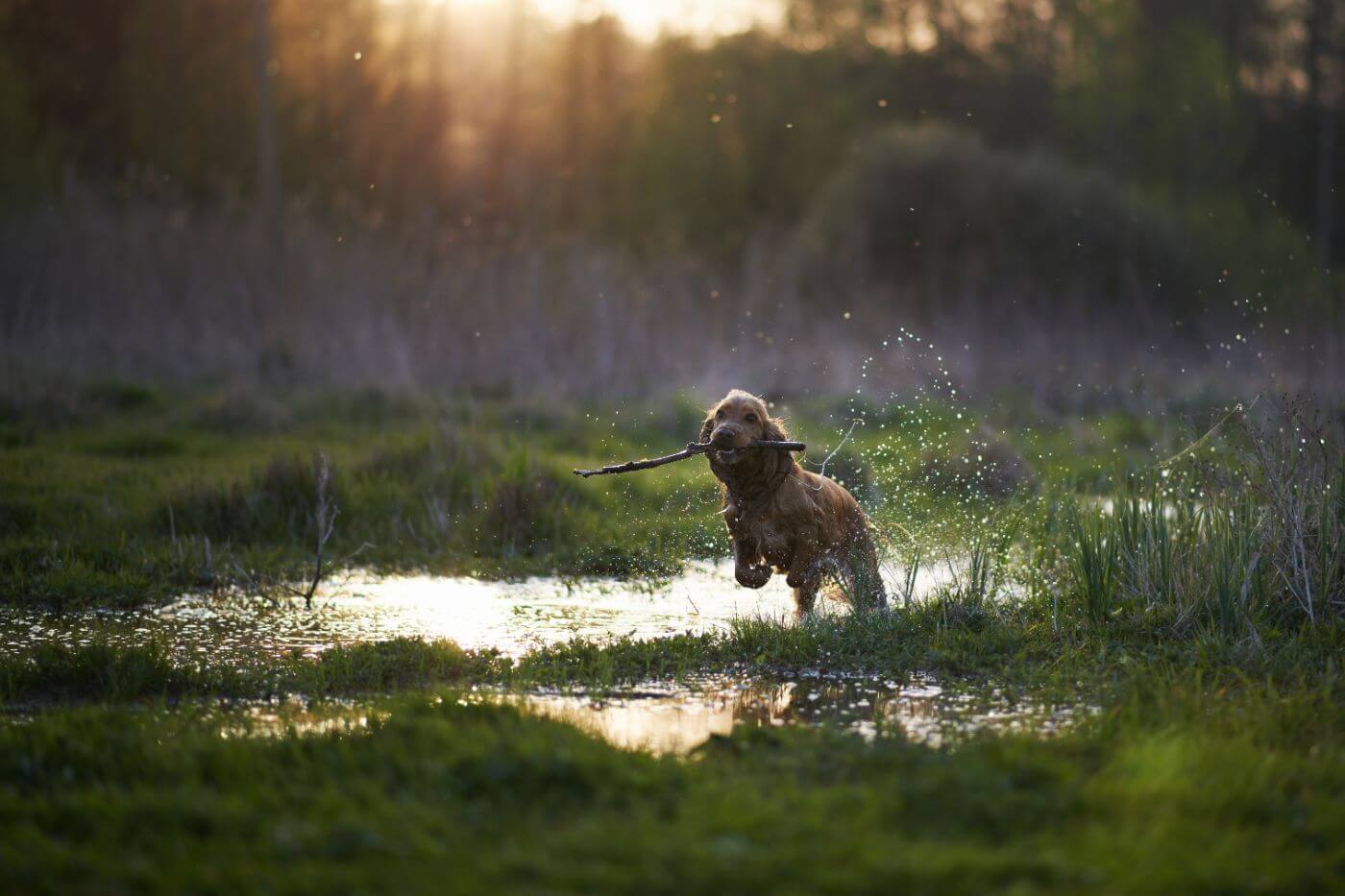
The Irish Water Spaniel is set apart from the other spaniels by its thin, rat-like tail and curly, waterproof coat. They are sporting dogs, well-suited to an active lifestyle, be it hiking, running along next to a bike or swimming through the waves. Lots of exercise will help ensure that your Irish Water Spaniel is calm and obedient. This is a breed that is keen to do well and will work hard to achieve what you ask of them so if you’re able to give them clear instructions and put in the training time, they can make excellent boat dogs.
Whippet
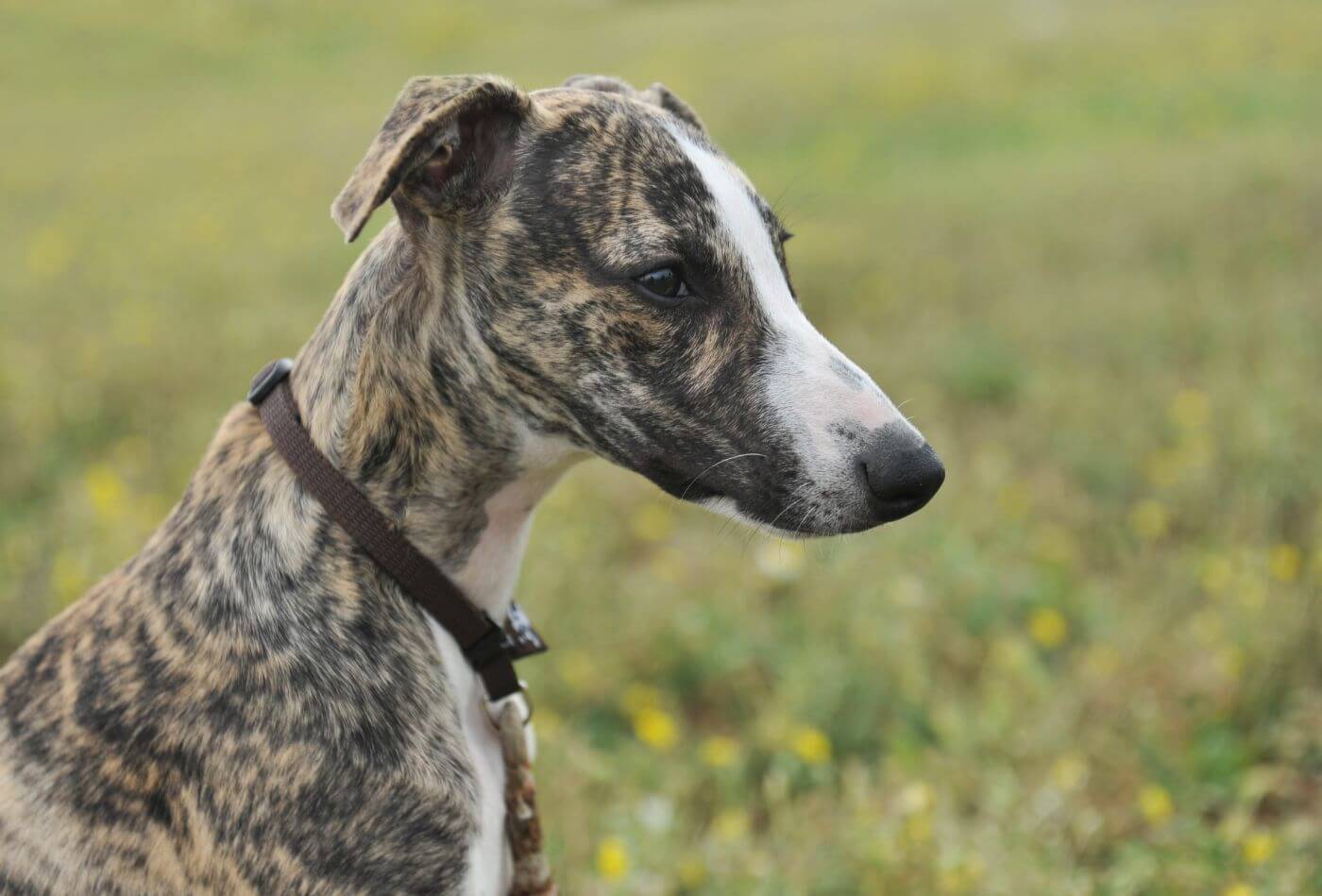
Though it might be one of the less obvious breeds for sailors, Whippets have been known to mix really well with boats! The slender, agile physique of the Whippet means it’s a very convenient size for boating and their sleek coats are quick drying.
Whippets are built to run fast for short periods of time, in between they are happy to lounge around and be lazy. This makes Whippets ideal for sailors who need a calm pet on board, it just takes a relatively short burst of running and retrieving on the beach and then they should settle down for the ride. They also rarely bark which is a major plus!
Dachshund
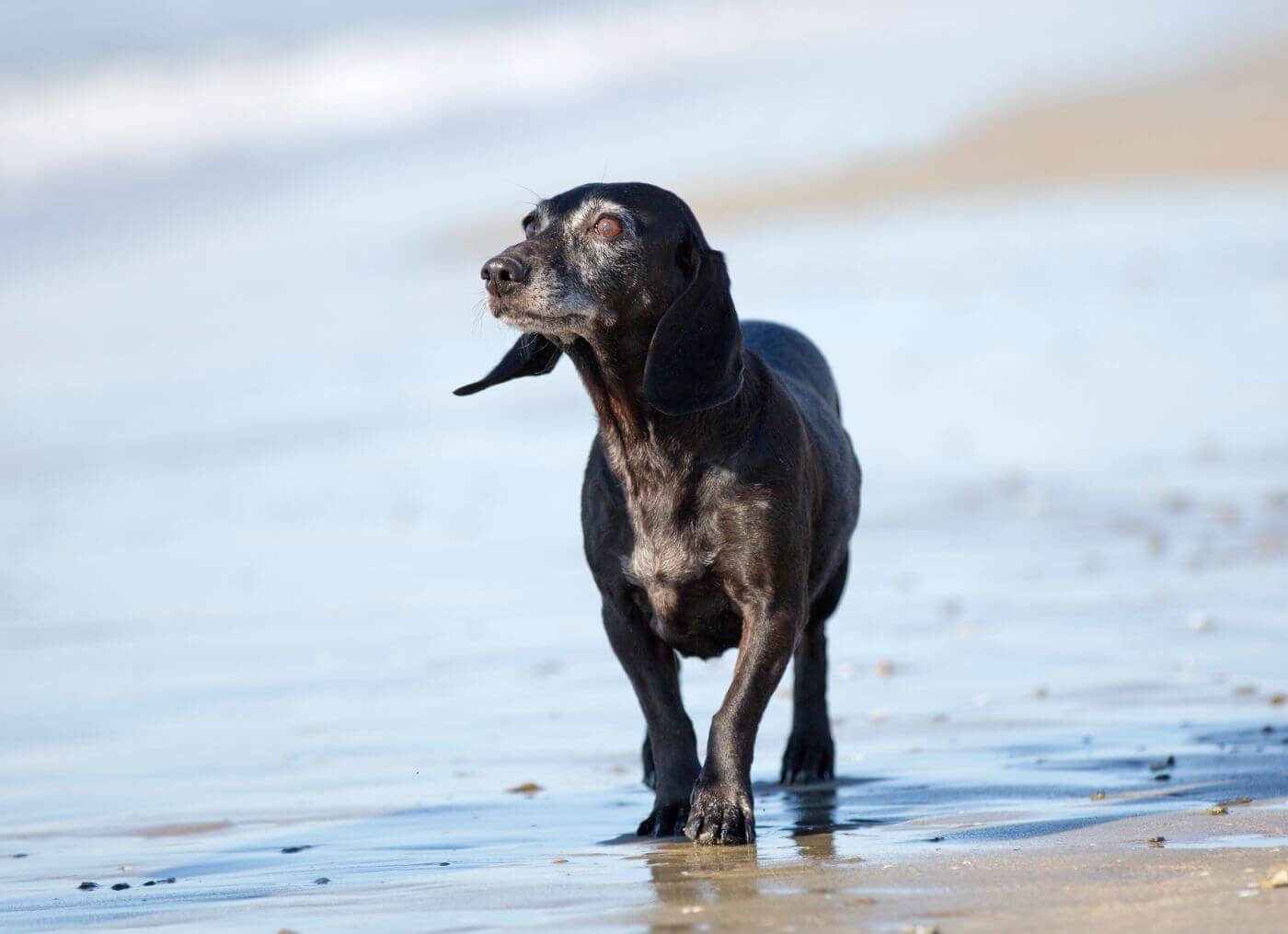
Another tiny breed that can be tucked away as needed is the dachshund! Their friendly attitude and confident character make them a fun companion for a wide range of people. Believe it or not, they are good guard dogs too. Dachshunds are not afraid to defend their home - on land and on water.
One thing to be aware of is that Dachshunds aren’t great swimmers. Their tiny legs are not well suited to strenuous swimming which means you’ll need to keep an eye out for them and make sure they don’t go overboard. They also can’t cope with long distance running and jumping so be prepared to lift them up and down big heights and go slow on long walks.
Nova Scotia Duck Tolling Retriever
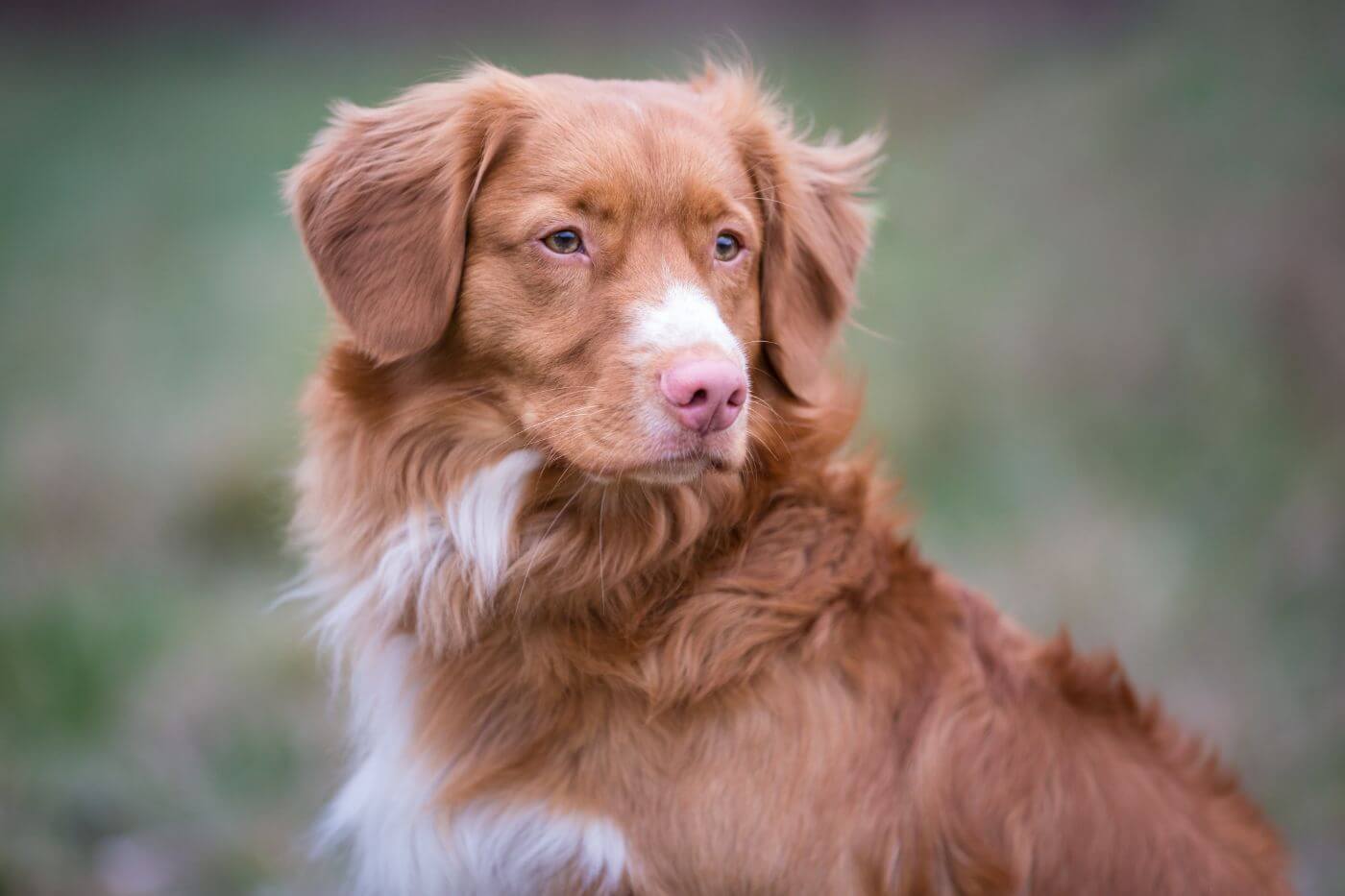
As the name suggests, Nova Scotia Duck Tolling Retrievers are built for the water. Their webbed feet make them strong swimmers and they are agile too. Tollers are high energy dogs with an alert expression so they’re excellent dogs to have if you lead an active lifestyle. Bear in mind that they’ll need at least a 30 minute walk a day to keep them happy so they’re not ideal if you’re going to be cruising long distances without stopping.
Tollers can also be tough to train as they have a tendency to be stubborn, but they do respond well to rewards, aka treats! If you can make training fun, then you can make the most of their eager to please and outgoing character and gain a brilliant boat dog.
Schipperke
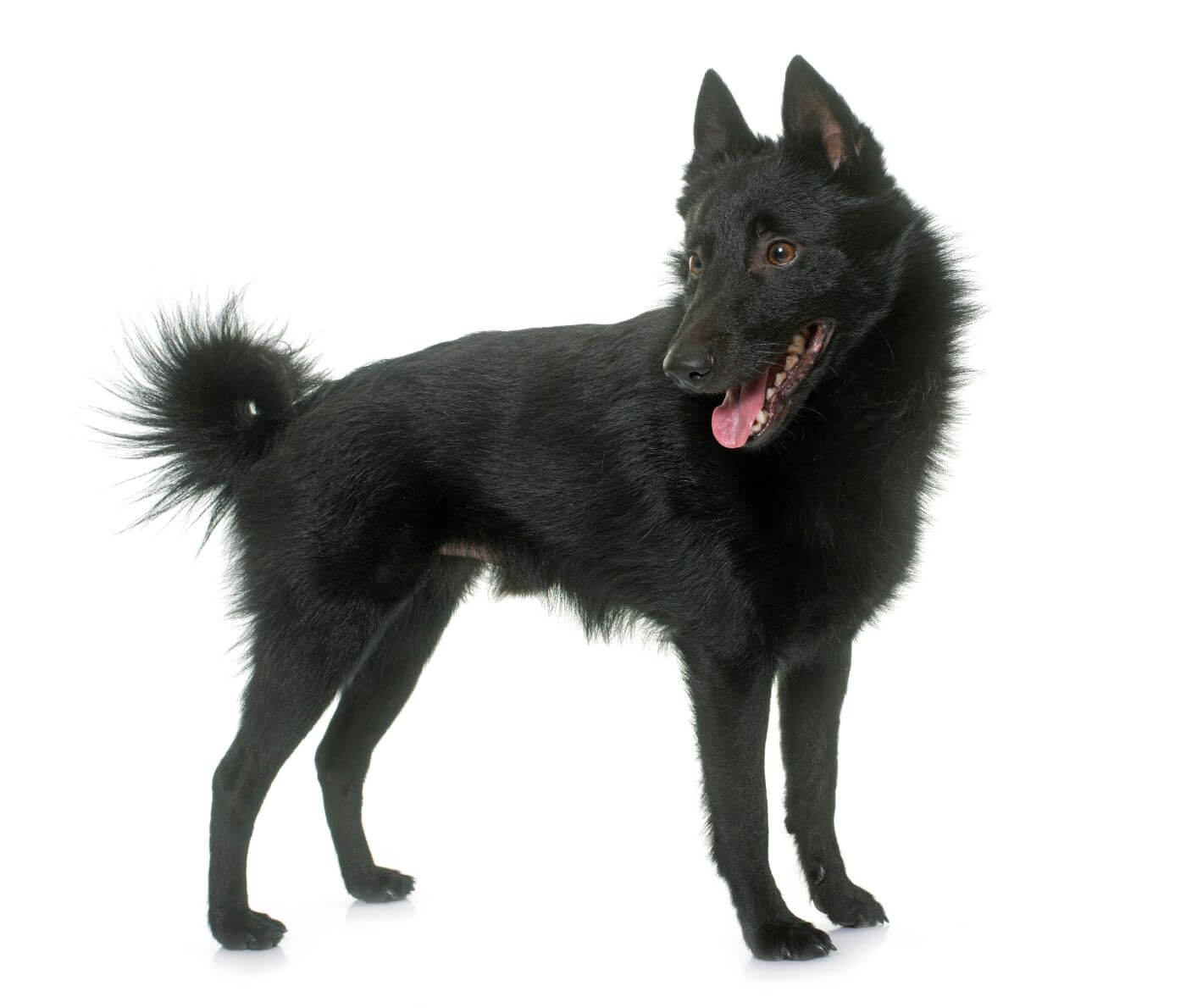
Known as “little captain”, the Schipperke was traditionally used as a barge dog in Belgium and the Low Countries. They are hardy little dogs who were bred for work as watchdogs and rat catchers, making them ideal for having on board a long boat.
For recreational sailors and boaters, Schipperkes have the benefit of being lively and playful, but they need patient, careful training. The characteristics that make them good watchdogs can also make them difficult pets as they’re extremely independent. With the right owners, however, they can be loyal, obedient and reliable.
Yorkshire Terrier
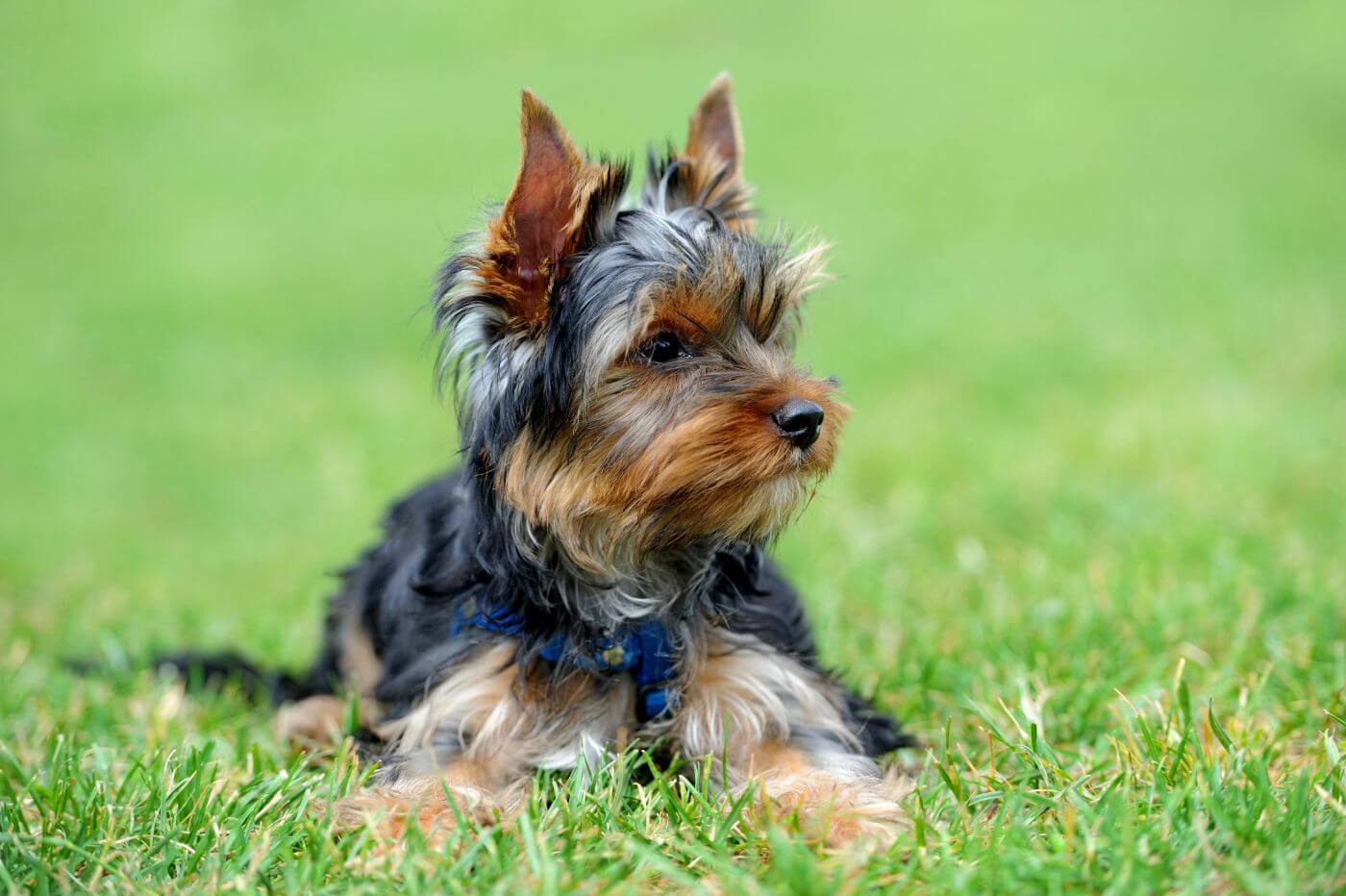
A truly historic breed, Yorkshire Terriers have worn many hats throughout the centuries. Once ratters prized by millers and miners, Yorkies have since morphed into companion dogs, first popularized during the Victorian period.
They are tiny and compact, but their small size is coupled with a plucky temperament that makes them bold. Their size is one of the most obvious draws for having a Yorkshire Terrier on board your boat and their lion-hearted nature means they’ll be able to handle much of what the sea throws at them.
Chesapeake Bay Retriever
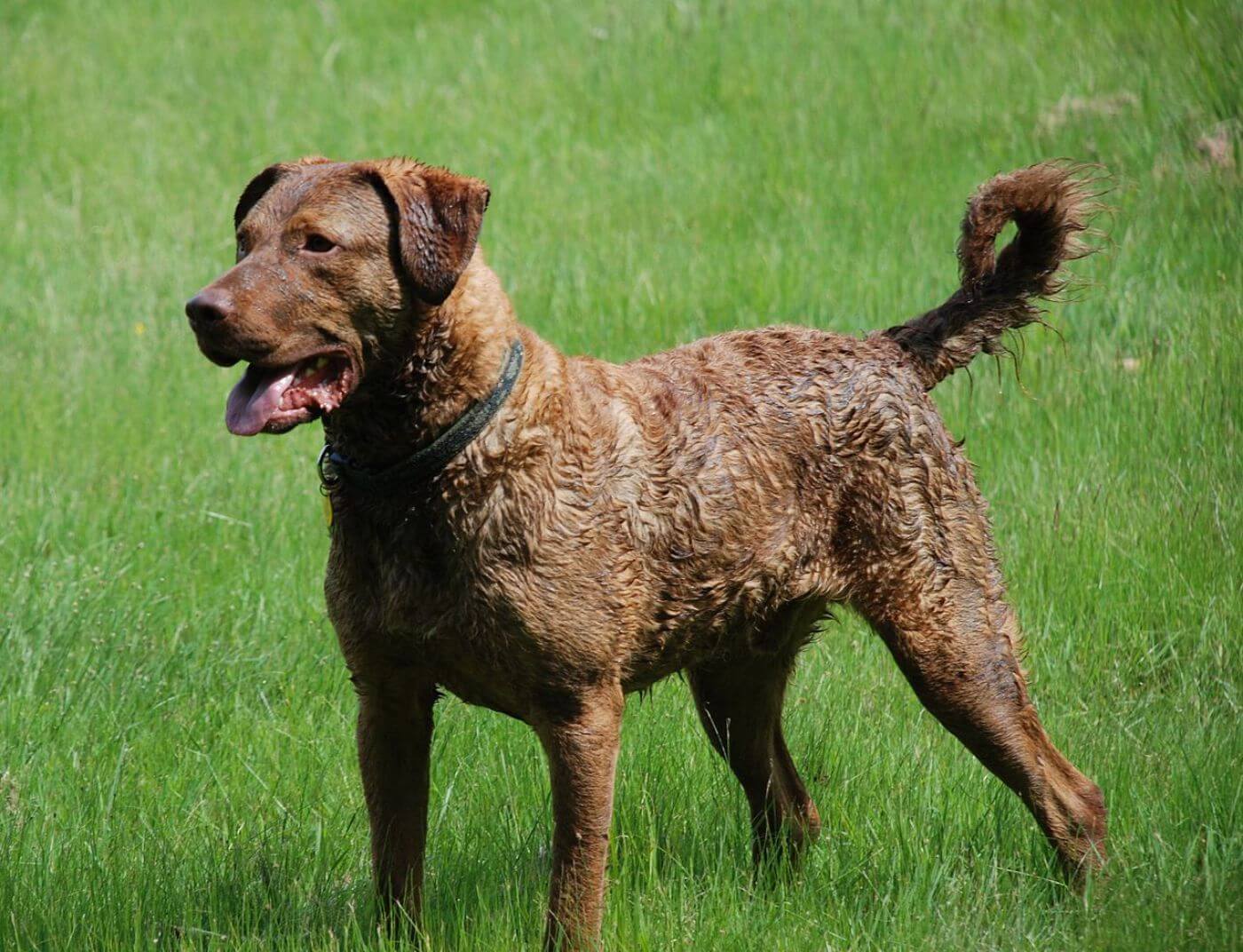
Bred in the 19th century by the owners of duck clubs along the shores of the Chesapeake Bay, the Chesapeake Bay Retriever is an all-American gundog. They are powerful dogs, weighing up to 80 pounds (36kg) and were bred from a combination of different water-loving dogs, creating a breed especially suited to the conditions of Chesapeake Bay.
This means that Chessies can withstand freezing water temperatures thanks to their thick, oily double coat that repels moisture in the same way duck feathers do. As well as their insulating, waterproof coat, Chessies also benefit from large webbed feet and strong legs. This makes them natural swimmers, but they are also sensitive, gentle dogs, giving them the edge over other breeds for many sailing enthusiasts.
Bourbonnais Pointer
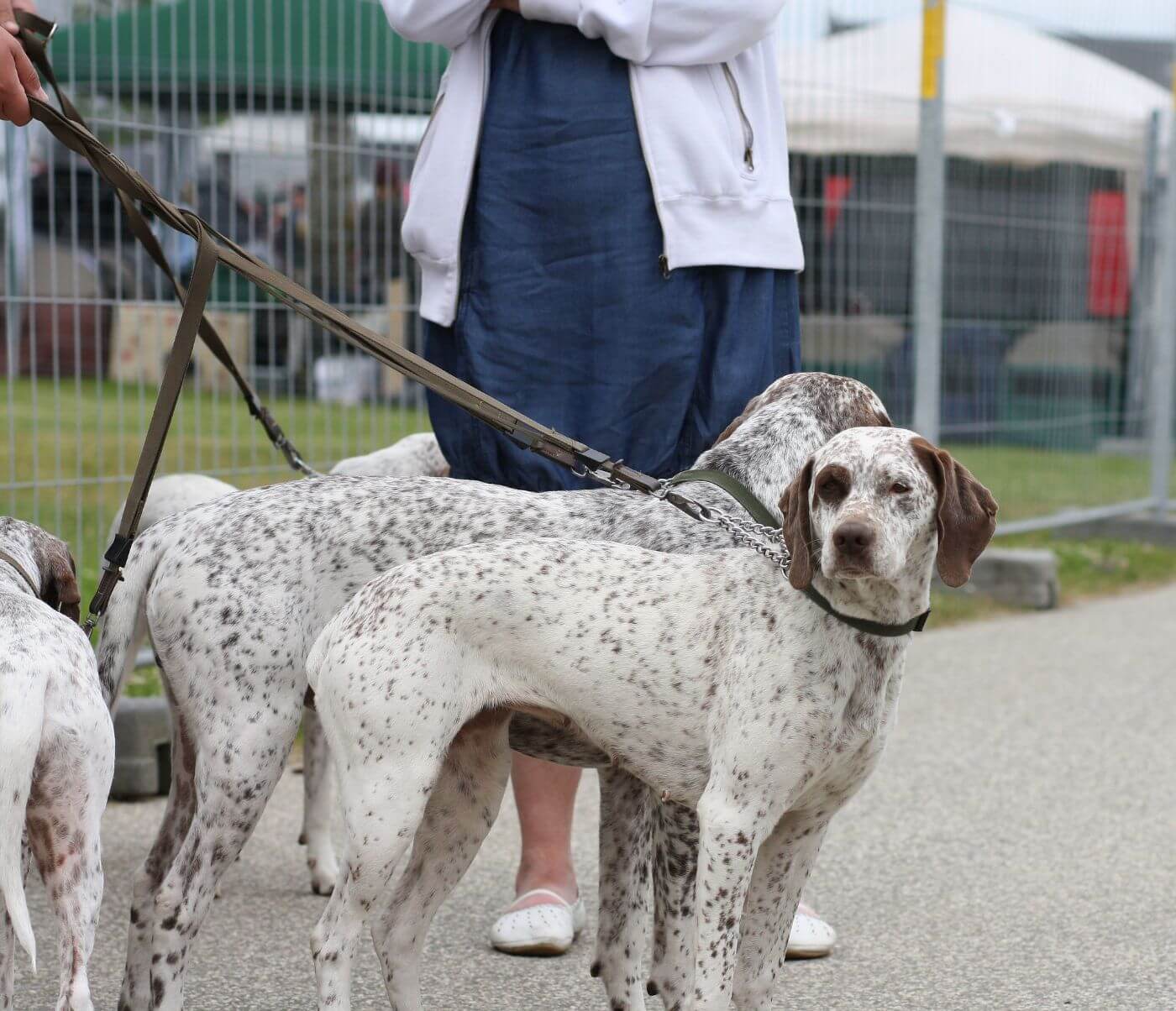
Among pointers, the Bourbonnais Pointer is arguably the most versatile breed, capable of tracking, pointing and retrieving in a variety of terrains, including open water. They are very distinctive looking dogs, often born with no tail or just a stump and a unique dappled coat. Their small size makes them ideal for taking on board a boat and they are easily at home both on and in the water!
As a family dog, the Bourbonnais Pointer, also known as Braque du Bourbonnais in North America, is affectionate and relaxed. They are intuitive and pick up on the mood of their owners, making them a lovely compassionate dog to have around.
English Cocker Spaniel
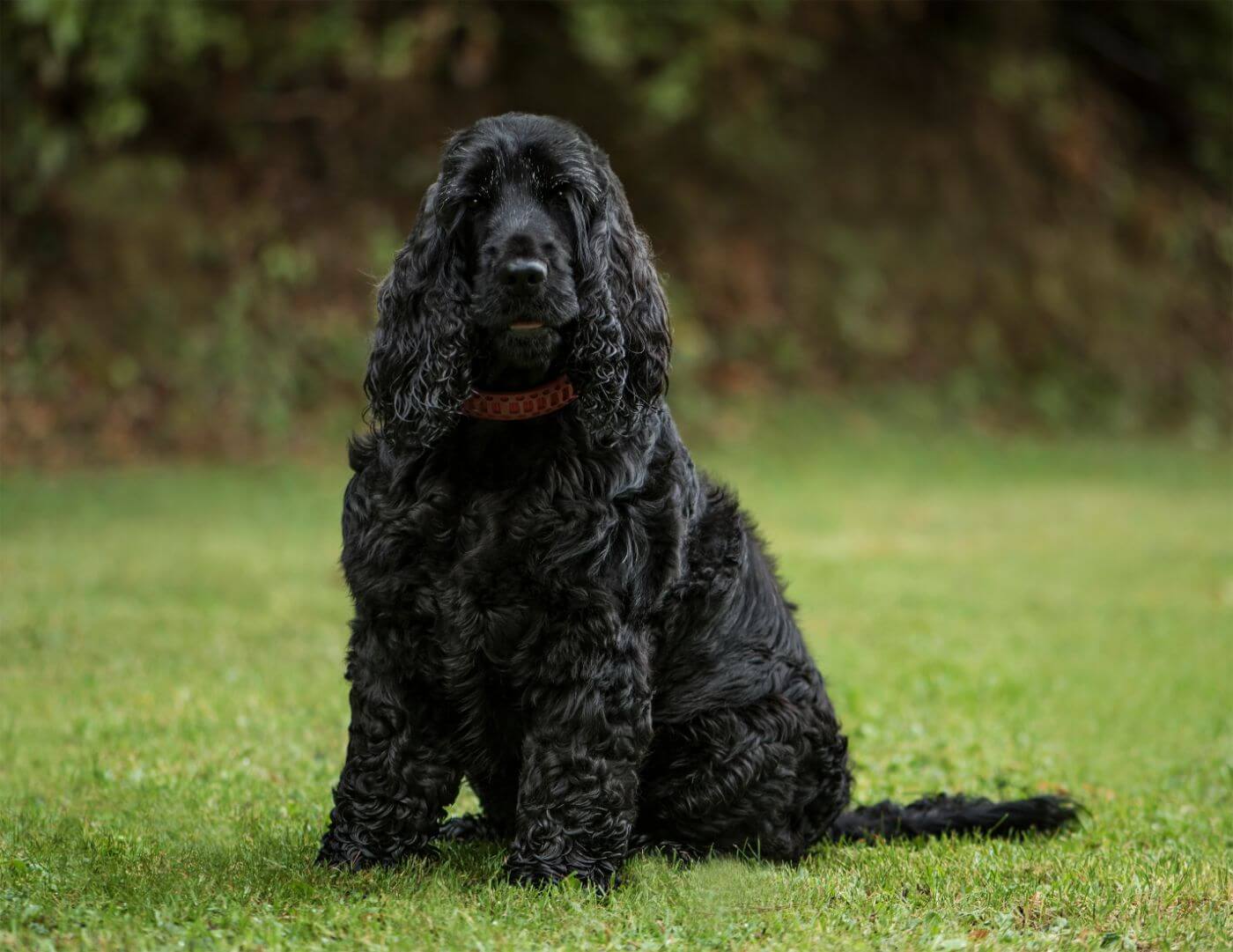
Small, sturdy and silky, the English Cocker Spaniel is a lively choice of dog to take on board your boat! They are small and alert, with super strokeable ears. As they were bred to retrieve gamebirds, English Cocker Spaniels are much more tireless and hardworking than their fluffy ears might suggest, which means they need lots of exercise.
One drawback of the English Cocker Spaniel’s character is their natural hunting instinct. It is hard to train this aspect out of the breed, so most owners find they have to keep their English Cocker Spaniels on the lead. This can be a bore if you’re moving on and off the boat but once you’ve set sail, they will be happy.
Flat-Coated Retriever
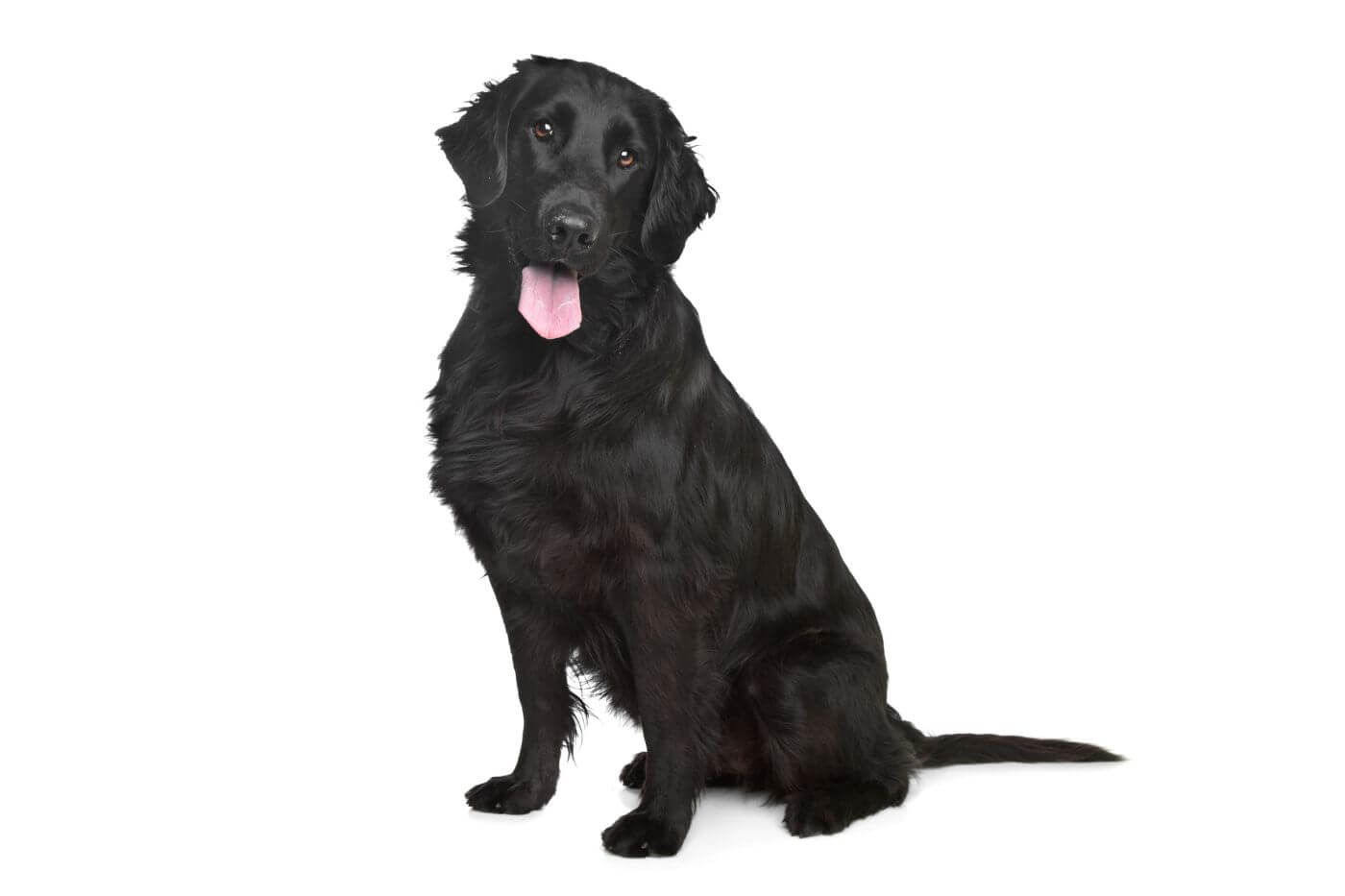
Flat-Coated Retrievers are really fun to have around. They are cheery and affectionate, and they are truly a water loving breed. The coat of this breed is definitely their best-known trait, shining in black or brown with a long, feathery tail.
Flat-Coats are a bubbly breed so they need plenty of exercise, but they are also sociable, intelligent and very easy to train. This means they are a breed that generally responds well to the different challenges of being on a boat and they will look to you for your lead in most situations. With training they can be trusted not to run off and hopefully, not to jump in the water!
Did you find the answer to your specific question?
👍 26 👎 1
Leave a comment